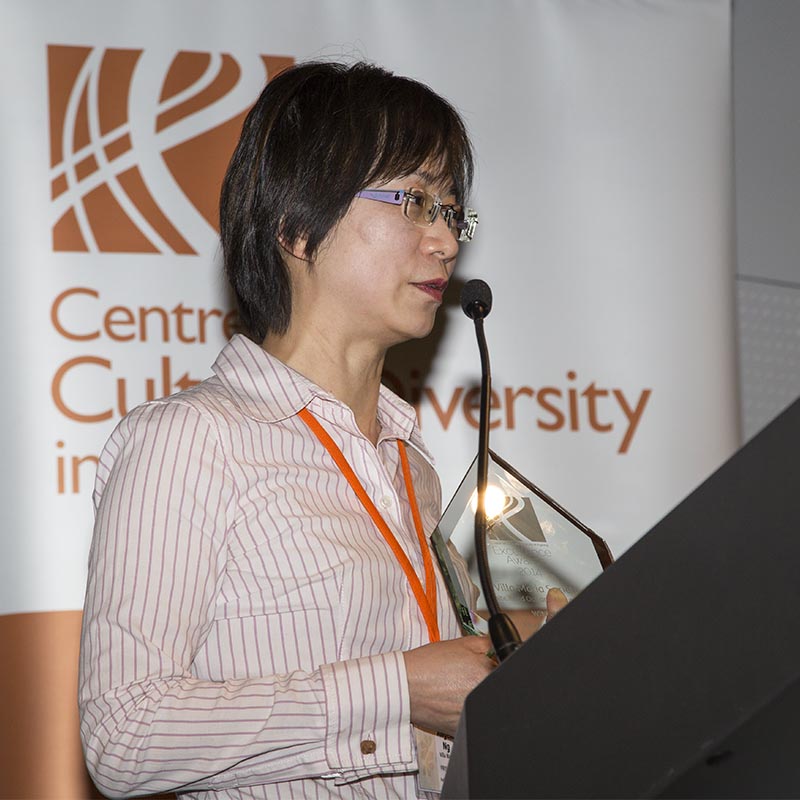Winner - 'Excellence within the not-for-profit sector'
White Road Out and About Group

Villa Maria is a not-for-profit, values-based organisation providing quality services and life enhancing opportunities for older people and children and adults with a disability, their families and carers.
Villa Maria’s wide range of Community Services including carer support, dementia specific care, wellbeing, respite and day programs assist older people, people with a disability and their carers to lead active and socially connected lives. Villa Maria’s White Road Activity and Respite Centre in Melbourne’s eastern metropolitan region, is an exemplar not only of flexible and responsive service delivery, but of culturally inclusive service, where the needs of the individual are firmly in focus.
The Chinese community is one of the largest non-English speaking communities in Victoria and their ageing population is rapidly increasing. With language and cultural differences the primary barriers preventing Chinese people from accessing and engaging with support services, it’s essential that organisations adapt their service models to meet their needs. And that’s exactly what Villa Maria’s White Road Activity and Respite Centre has done.
In March 2013 it introduced a socially inclusive Out & About group specifically tailored to the needs of Chinese people aged over 65 with dementia, disability, mental illness or frailty, to ensure they are not left at home alone but instead are connected to each other and to the wider community.
Unlike most day programs for Chinese elders which are centre-based with infrequent outings, the White Road Out & About group enables active community participation on a weekly basis for Chinese people living in the Local Government Areas of Knox, Monash, Manningham, Maroondah, Whitehorse and Yarra Ranges. White Road’s person-centred approach and engaging Out & About group has given individuals the confidence to participate; some 30 Chinese-speaking participants are registered, with an average weekly attendance of 15 people supported by staff who speak Mandarin, Cantonese and regional dialects such as Shanghainese. It’s the little things that have made a difference.
Lunch is not the traditional Australian fare of sandwiches and salad, but dumplings, noodles and yumcha. Outings are based on the group’s cultural interests (ie. speciality shopping at the honey farm, nut factory, markets or cherry picking; or visits to places of interest ie. Eureka Tower, Lavender Farm, etc), and informed by individualised care plans – so staff know what participants do and don’t like and plan outings accordingly.
Barriers to participation such as lack of transport are eliminated, with participants being picked up and dropped off at their home if required. All information – including brochures and What’s On notices – is provided in both Mandarin and Cantonese. And it’s affordable. No one is excluded based on ability to pay. Most importantly, a safe and welcoming environment has been created where participants get to regularly share their stories, language, culture and experiences and connect with each other.
